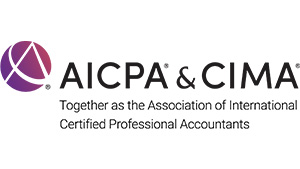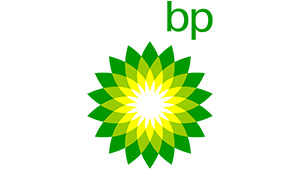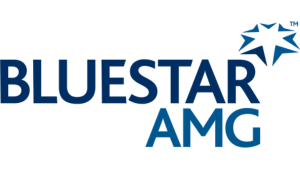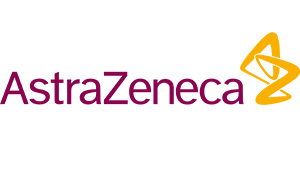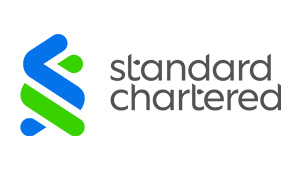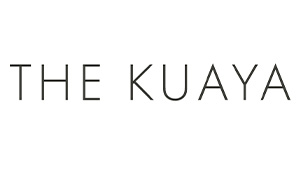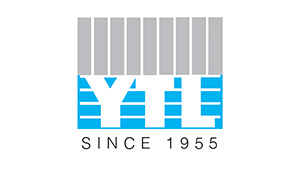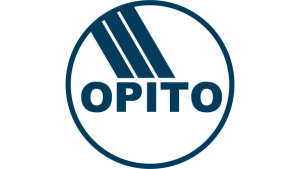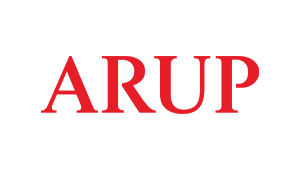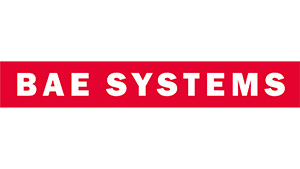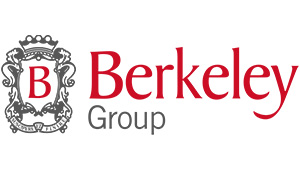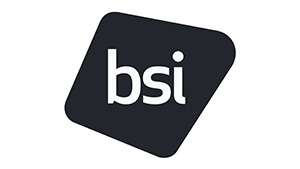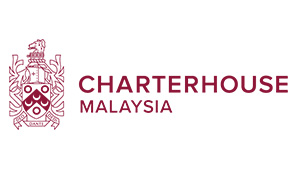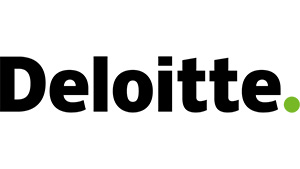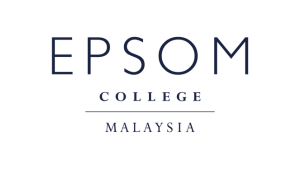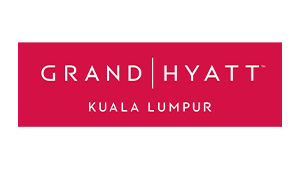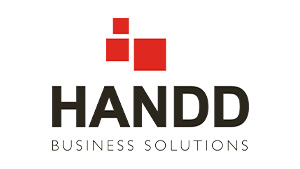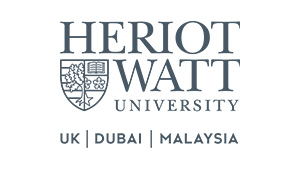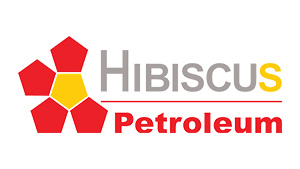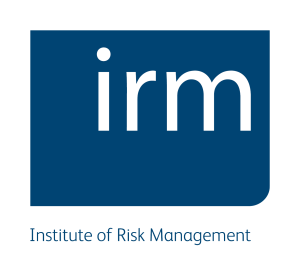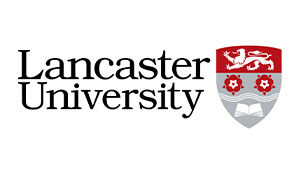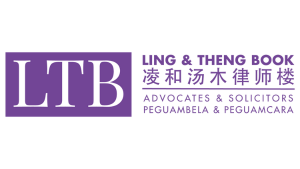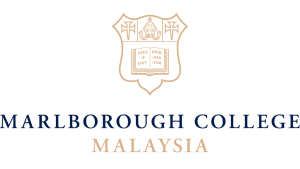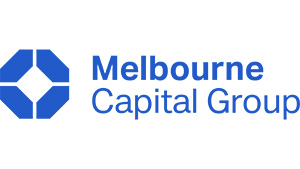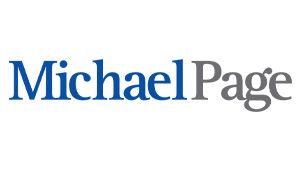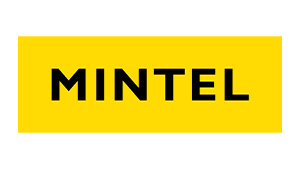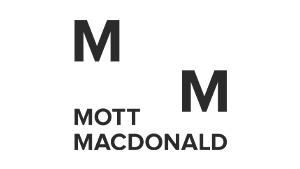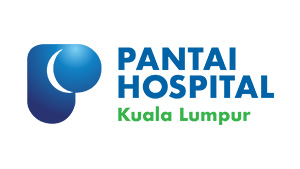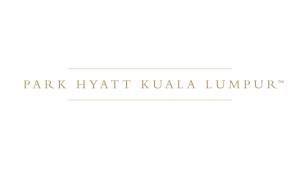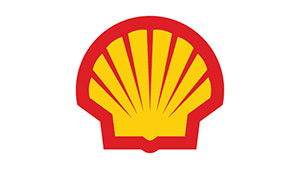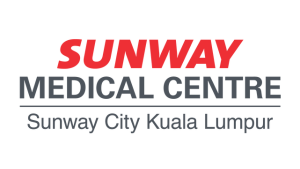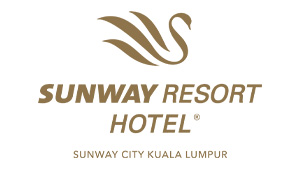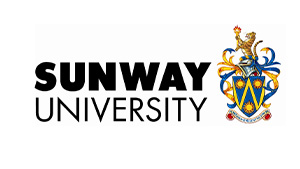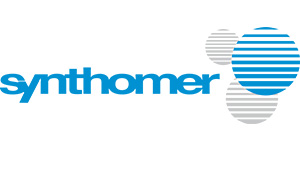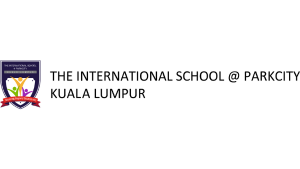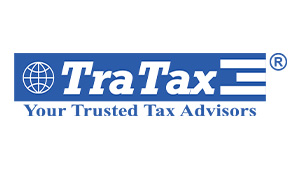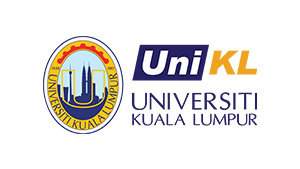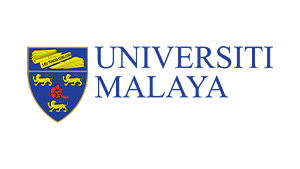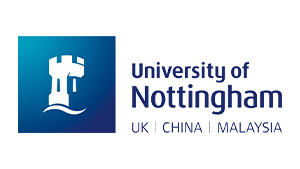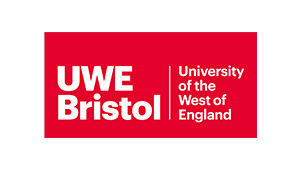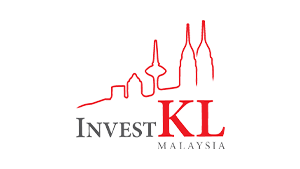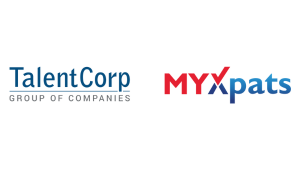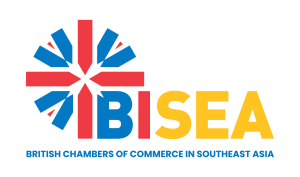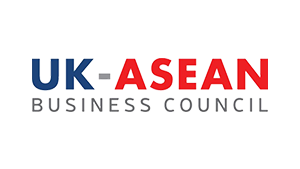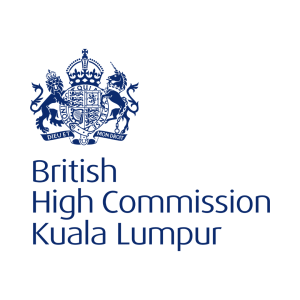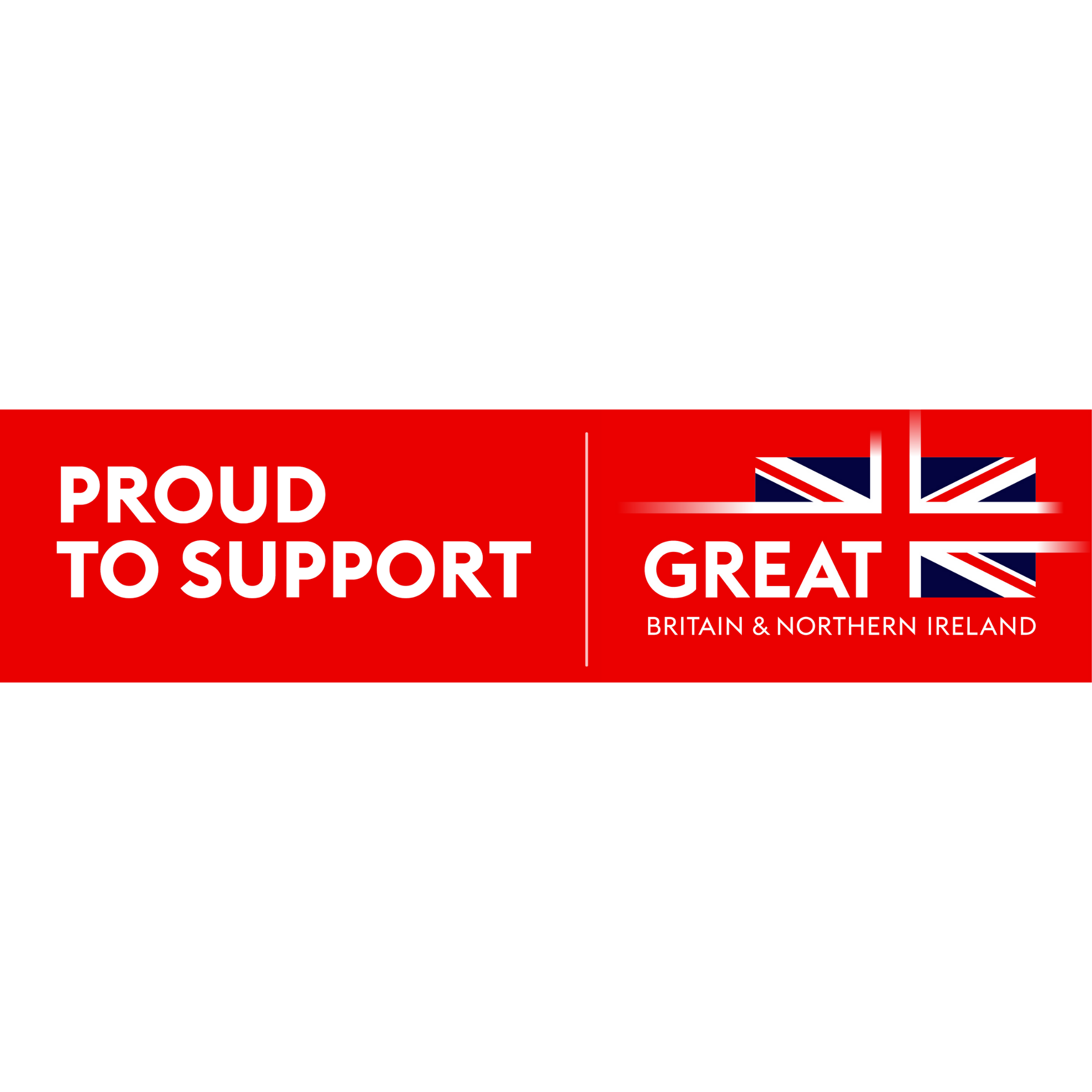JLL Malaysia | Asia Pacific Commercial Real Estate Investment Surges
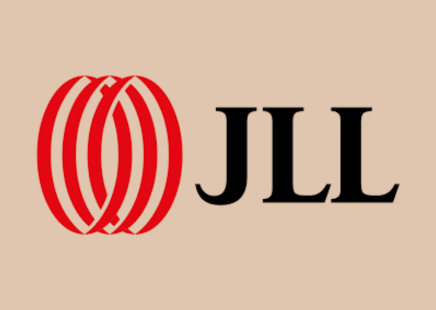
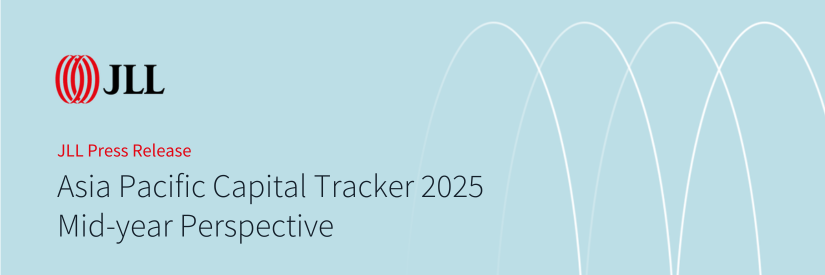 Asia Pacific commercial real estate investment surges to US$31.2 billion in Q2 2025
Asia Pacific commercial real estate investment surges to US$31.2 billion in Q2 2025
South Korea posts highest YoY growth with offices accounting for 77% of investment volume in Q2 2025.
KUALA LUMPUR, July 31, 2025 – Commercial real estate (CRE) investment in Asia Pacific increased 15% year-over-year (YoY) in Q2 2025 to US$31.2 billion, according to data and analysis by global real estate consulting firm JLL (NYSE: JLL). For the first half of 2025, investment volumes totalled US$67.6 billion, up 17% compared to the same period last year, despite cautious sentiment and extended due diligence due to ongoing economic uncertainty.
In Q2 2025, South Korea saw the highest year-on-year (YOY) growth in Asia Pacific at 72% (H1: +64%), at US$6.0 billion of investment in Q2 (H1: US$12.8bn). This spike in growth was driven by offices, which accounted for 77% of total market volumes, reflecting sellers’ preference to divest before central business district oversupply materializes. Several hotels also transacted as sellers capitalised on improved operating performance to secure premium pricing.
Japan continued to be the region’s strongest performing market, posting US$7.6 billion in CRE investments in Q2 2025, a 31% YoY increase. This brought total investment in H1 to US$21.3 billion, up 23% from H1 2024. Office was the dominant sector, with domestic investors being most active. Living volumes reached their highest quarterly level since Q1 2022, with strong interest from J-REITs and foreign buyers including Warburg Pincus, Aberdeen and CapitaLand in multifamily assets.
In the face of ongoing tariff tensions, investors are closely monitoring market fundamentals and tenant quality across sectors. According to a JLL survey of 75 APAC-based investors, industrial and logistics, energy and infrastructure, and retail sectors face the most geopolitical risk in the next five years due to trickle-down effects on growth and policy rates. Living, life sciences, and healthcare are viewed as the most insulated sectors due to their domestic market-driven nature.
“While investors are navigating through economic noise and geopolitical tensions, Asia Pacific commercial real estate continues to draw in global capital, demonstrating the region’s fundamental strength and the resilience of the asset class,” said Stuart Crow, CEO, Asia Pacific Capital Markets, JLL. “South Korea saw strong performance in Q2 2025, with office transactions in Seoul reaching their highest level since Q2 2021 on the back of increased capital deployment from domestic institutions and lowered financing costs. With the Bank of Korea lowering its key rate to 2.5% in May, we look forward to seeing continued momentum in the next quarter with this favourable financing environment.”
The office sector led investment activity in Q2, accounting for US$13.3 billion in transactions, up 24% YoY. South Korea saw its highest quarterly office volumes since Q2 2021, while Japan remained active with strong domestic participation. Industrial and logistics volumes reached US$6.3 billion, rising 12% YoY, while retail transactions totalled US$5.0 billion, up 4% YoY.
Living sector investments continued to show positive momentum, reaching US$3.6 billion in Q2, a substantial 92% increase compared to the same period last year. Japan remained the dominant market, contributing more than half of the region’s total living sector volume.
Private wealth investment volumes for Q2 2025 surged by 32% YoY to USD$ 4.7 billion. Offices remained the most favoured asset class for private wealth investors, accounting for 45% of all transactional activity in Q2 2025. This represents a significant increase from Q2 2024, when offices comprised only 28% of transactions, demonstrating a growing preference for office assets among private wealth investors YoY. Retail remained as the second most favoured asset class, capturing 26% of transactions in Q2 2025.
“Central banks across the region continue their rate-cutting cycles, and we’re seeing a declining cost of debt in the region, creating a more favourable environment for transactions which should further stimulate investment activity,” said Pamela Ambler, Head of Investor Intelligence, Asia Pacific, JLL. “However, investors are now underwriting slower-growth scenarios with the assumption that tariffs will remain in place, leading to extended timelines and essential contingency provisions in deals. Markets such as South Korea and Japan continue to demonstrate resilience, and investors seeking long-term growth can find opportunities amidst the turbulence.
Local REITs and investors continued to drive Malaysia’s capital market in the second quarter of 2025, generating RM227 million in transactions concentrated in industrial and retail sectors. Key transactions included.
- Retail property acquisitions by KIP REIT and Sentral REIT in suburban markets
- Amanah Raya REIT’s strategic warehouse acquisition in Klang, structured as a sale and leaseback arrangement with 3PL tenant.
“The Paradigm REIT listing, encompassing three neighbourhood malls in Greater KL and Johor Bahru, collectively valued at RM2.4 billion, further demonstrates the resilience of established suburban malls supported by consistent local demand,” said Yulia Nikulicheva, Head of Research & Consultancy, JLL Malaysia. “Additionally, Al-Aqar Healthcare REIT has expanded its holdings with new asset blocks at existing Ampang and Penang medical facilities, highlighting the sustained growth in healthcare service requirements,” added Nikulicheva.
While global uncertainties and tariff issues have slowed foreign capital flows, capital market resilience persists through local investors’ sustained interest in quality assets delivering attractive yields throughout Malaysia.
Learn more in JLL’s Q2 2025 Capital Tracker.

